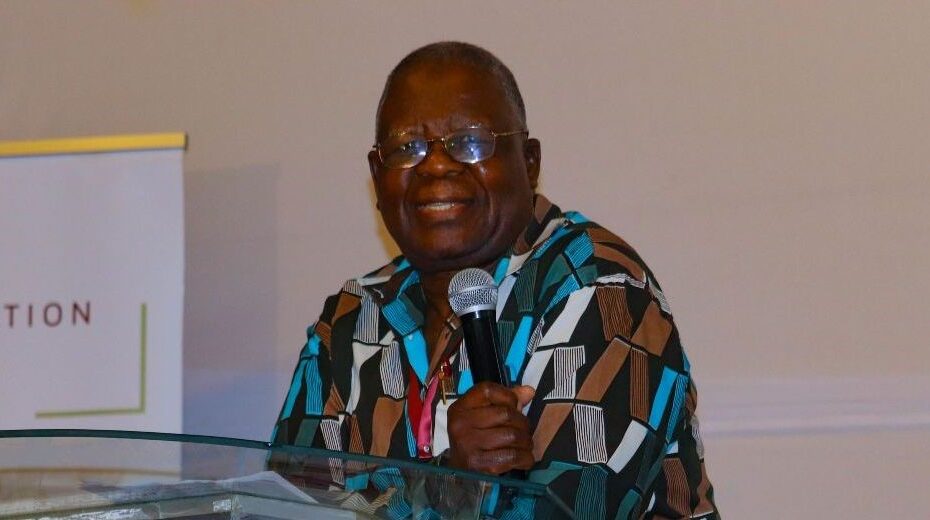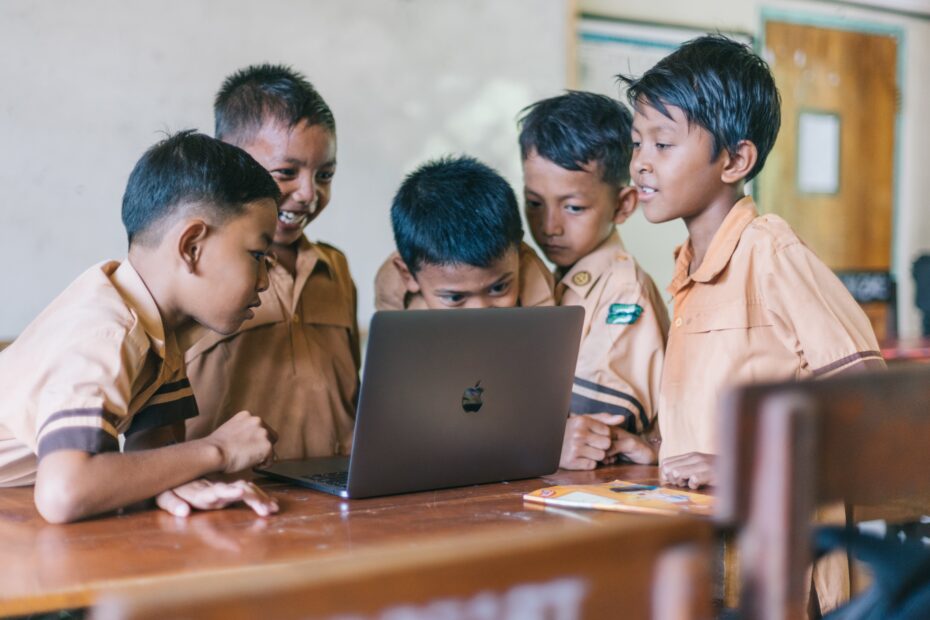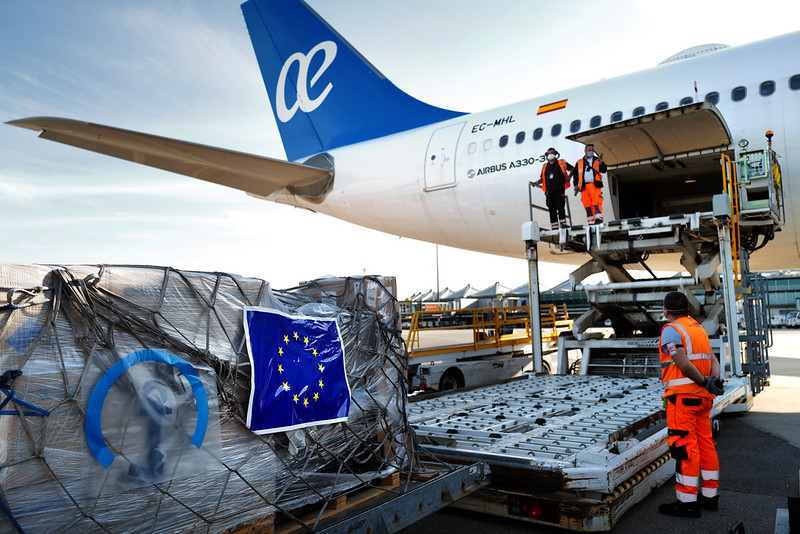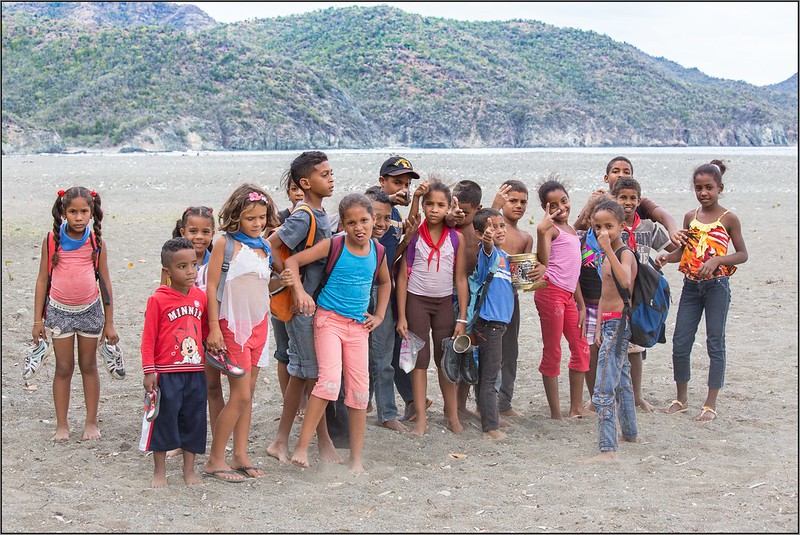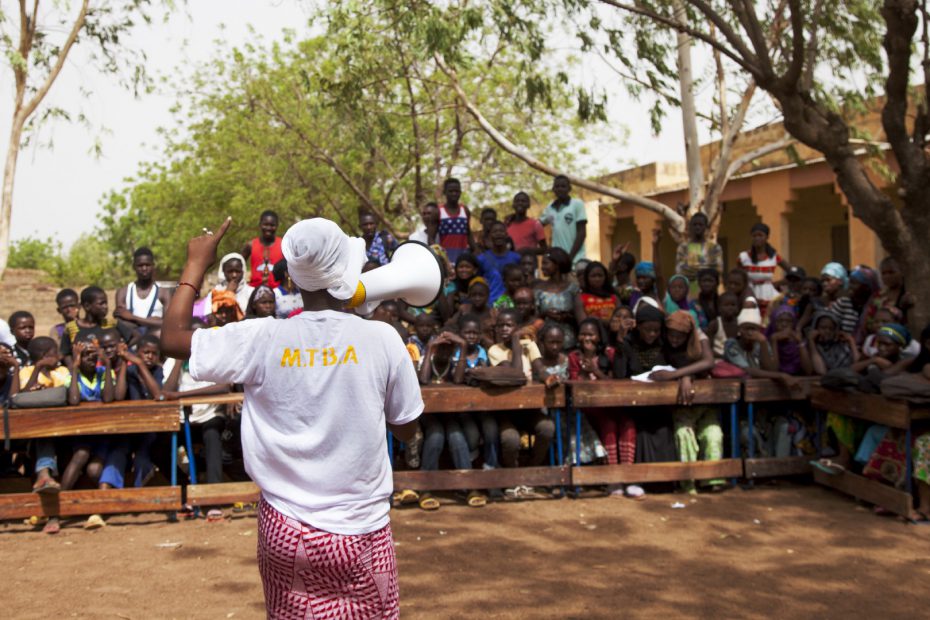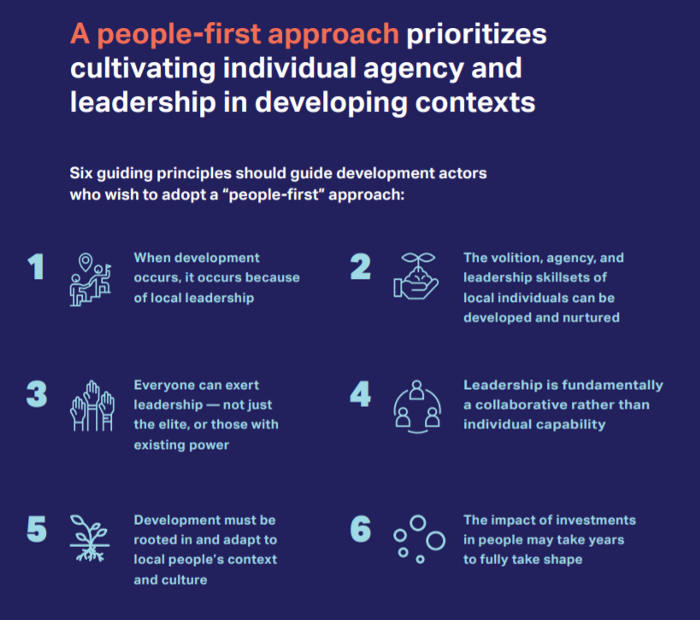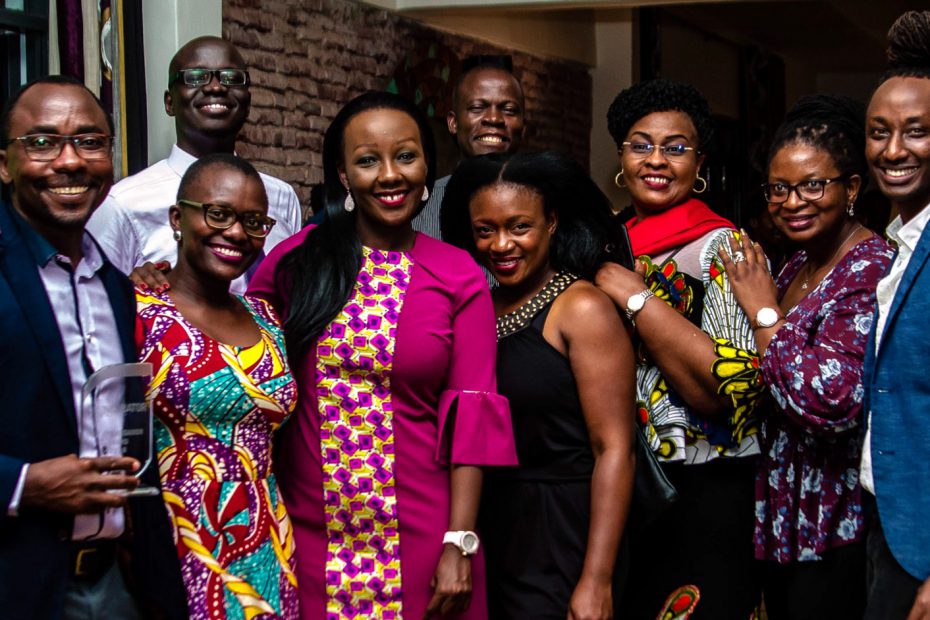European School of Governance, position paper #25 by Louis Klein |
Community-based learning ecosystems lie at the very heart of our understanding of the world, of its being and of its transformation. Being immersed in community-based learning ecosystems is a shared experience for all of us. By trusting this as an invitation to a process of inquiry, learning, and understanding, we begin to live out our human potential and realise our humanity. We will witness how a humanising society grows from metamorphic niches in learning communities. And it will change our understanding of learning and understanding, of development and transformation, and the roles of those who want to change the world.
